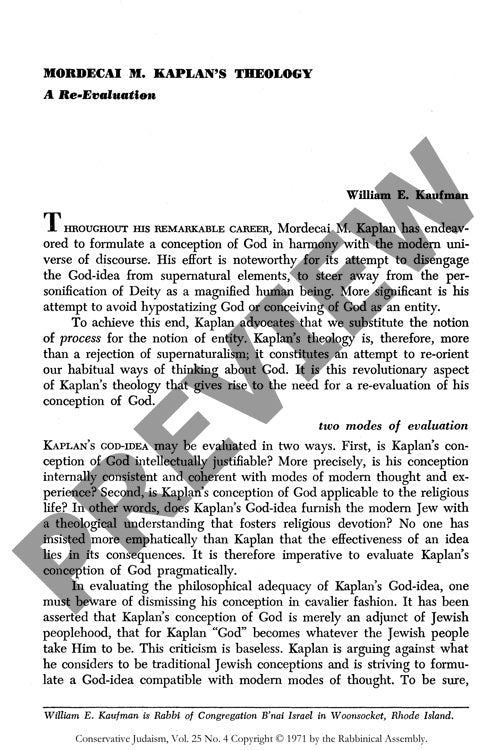Mordecai M Kaplans Theology
Couldn't load pickup availability
Mordecai M. Kaplan's radical reconceptualization of God as process rather than entity marked a pivotal shift in modern Jewish theology, yet revealed fundamental tensions that continue to challenge religious thought. Through analysis of both intellectual coherence and practical religious application, three distinctive elements emerge in Kaplan's theological framework: God as a functional term, as a value term denoting ultimate concern, and as a predicate rather than subject in theological discourse. While Kaplan rejected supernatural and anthropomorphic conceptions of divinity, his theology harbors an unresolved ambiguity between God as a unitary creative force versus a plurality of cosmic qualities. His alternation between describing God as "process" and "power" creates philosophical inconsistencies that demand attention. Though Kaplan's process theology offers valuable pathways for modernizing Jewish thought, achieving philosophical coherence and religious adequacy requires a more nuanced integration of both permanence and becoming—divine individuality within process—pointing toward possibilities for a more comprehensive Jewish process theology.

More Information
-
Physical Description
-
Publication Information
Published 1971
ISBN
-
Publication Credits

